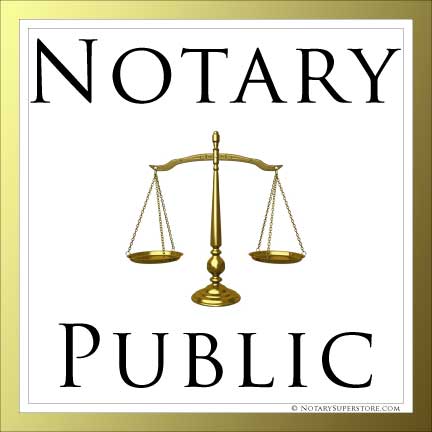DIRCO Laws Demystified: A Overview to Diplomatic Procedure
DIRCO Laws Demystified: A Overview to Diplomatic Procedure
Blog Article
Debunking Notarial Job: Streamlining the Duty and Importance of Notaries
In the detailed internet of legal paperwork and verification, notaries stand as columns of assurance and authenticity. Their function, often shrouded in secret for several, lugs significant weight in guaranteeing the legitimacy and honesty of crucial files. As guardians of legality and truth, notaries play an essential component in our culture, yet their job is not constantly completely comprehended. By untangling the intricacies bordering notarial techniques and losing light on the significance of their acts, a more clear understanding emerges of the important duty notaries play in upholding the textile of lawful and legal agreements.
The Background of Notarial Job
Exactly how did notarial work advance with time to end up being an important part of lawful and company purchases? The history of notarial work go back to old human beings, where scribes played an important function in taping crucial information and authenticating papers. As societies proceeded, the requirement for an extra formalized system to guarantee the validity of arrangements developed. This led to the advancement of notaries, individuals selected by the state to work as unbiased witnesses in lawful matters.
Throughout the Center Ages, notaries obtained importance in Europe, with their functions broadening to include drafting legal records, certifying trademarks, and maintaining documents. The rise of international trade additionally stressed the significance of notarial job in validating agreements and agreements across borders.
In the contemporary age, notaries remain to play a vital duty in lawful and organization transactions by validating identities, validating the authenticity of papers, and preventing fraud. Their role in certifying the validity of agreements adds a layer of safety and security and depend the ever-evolving landscape of business and legislation.

Obligations and Duties of Notaries
The historic development of notarial work from old human beings to the contemporary age has shaped the distinct obligations and duties that notaries maintain in legal and service transactions today. Notaries play a vital duty in confirming the credibility of documents and the identification of signatories. One of their key responsibilities is to witness the signing of crucial papers, such as contracts, wills, and acts, to ensure that all parties are entering into arrangements knowingly and willingly. Notaries likewise confirm that signatories are of audio mind and not under pressure or threat.
They certify duplicates of initial papers, providing guarantee to establishments that the duplicates are true reproductions of the originals. Overall, the tasks and obligations of notaries are essential in protecting the stability and legality of various documents and deals - Conveyancer.
Notarial Certificates and Signatures
Exemplifying precise attention to information, notarial certifications and signatures function as important components in validating the credibility of legal documents. Notarial certificates commonly contain essential information such as the day of registration, the names of the notaries, a summary of the record, and the notary's main seal. These certificates provide a clear document of the notarial act, making sure that the file can be easily identified and mapped back to the notary who managed the process.
Trademarks play an essential duty in notarial job, as they represent the arrangement and consent of the celebrations entailed. Notaries meticulously witness the finalizing of files to validate the identification of the signatories and blog here validate that they are signing of their very own totally free will. By attaching their main seal and signature to the paper, notaries certify that the essential procedures have actually been complied with which the file is legitimate and enforceable.
Fundamentally, notarial certifications and signatures are the trademark of credibility in legal deals, providing assurance to all events involved that the papers are legitimate and binding.
Relevance of Notarial Acts

Registration Process Explained
The registration procedure normally starts with the specific offering the file to a notary public. When the identification is confirmed, the notary makes sure that the individual authorizing the paper does so willingly and without any kind of coercion.

Verdict

Notarial certificates generally contain vital info such as the date of registration, the names of the signatures, a description of Find Out More the document, and the notary's main seal. These certifications provide a clear record of the notarial act, making sure that the file can be conveniently determined and mapped back to the notary that looked after the procedure.
By attaching their main seal and signature to the paper, notaries certify that the required treatments have actually been complied with and that the record is legitimate and enforceable.
By confirming the identification of the signatories, validating their desire to get in into the arrangement, and licensing the date and place of the finalizing, notaries play a crucial duty in upholding the credibility of legal papers.After the file is signed, the notary will fasten their main seal or stamp onto the document.
Report this page